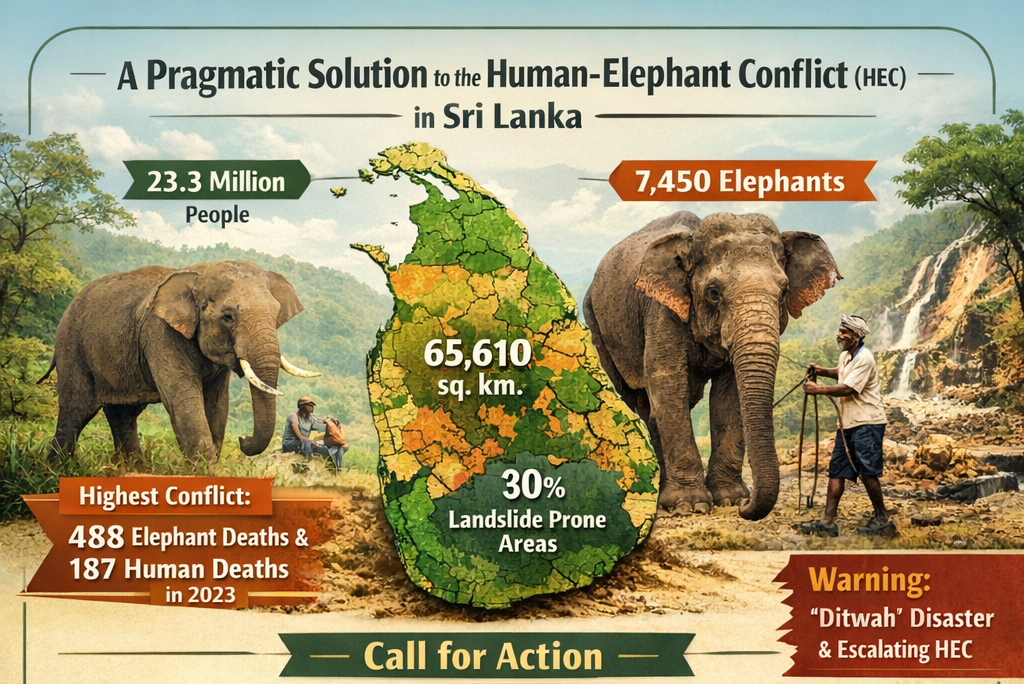World Environment Day – June 5
Source : Qld Sri Lankan Newsletter – Dæhæna – June 2023
The theme for World Environment Day 2023 is “Beat Plastic Pollution”. While plastic has many valuable uses, we have become addicted to single-use plastic products with severe environmental, social, economic and health consequences.
Around the world, one million plastic bottles are purchased every minute, while up to five trillion plastic bags are used worldwide every year. In total, half of all plastic produced is designed for single-use
purposes – used just once and then thrown away.
 Plastics including microplastics are now ubiquitous in our natural environment. They are becoming part of the Earth’s fossil record and a marker of the Anthropocene, our current geological era. They have even given their name to a new marine microbial habitat called the “plastisphere”. So how did we get here?
Plastics including microplastics are now ubiquitous in our natural environment. They are becoming part of the Earth’s fossil record and a marker of the Anthropocene, our current geological era. They have even given their name to a new marine microbial habitat called the “plastisphere”. So how did we get here?
From the 1950s to the 1970s, only a small amount of plastic was produced and, and as a result, plastic waste was relatively manageable.
However between the 1970s and the 1990s, plastic waste generation more than tripled, reflecting a similar rise in plastic production.
In the early 2000s, the amount of plastic waste we generated rose more in a single decade than it had in the previous 40 years. Today, we produce about 400 million tonnes of plastic waste every year.
We are seeing other worrying trends. Since the 1970s, the rate of plastic production has grown faster than that of any other material. If historic growth trends continue, global production of primary plastic is forecasted to reach 1,100 million tonnes by 2050. We have also seen a worrying shift towards single-use plastic products, items that are meant to be thrown away after a single short use.
Approximately 36 per cent of all plastics produced are used in packaging, including single-use plastic products for food and beverage containers, approximately 85 per cent of which ends up in landfills or as unregulated waste.
Additionally, some 98 per cent of single-use plastic products are produced from fossil fuel, or “virgin” feedstock. The level of greenhouse gas emissions associated with the production, use and disposal of
conventional fossil fuel-based plastics is forecast to grow to 19 percent of the global carbon budget by 2040.
Systemic change is needed to stop the flow of plastic waste ending up in the environment. Of the seven billion tonnes of plastic waste generated globally so far, less than 10 per cent has been recycled. Millions of tonnes of plasticwaste are lost to the environment, or sometimes shipped thousands of kilometres to destinations where it is mostly burned or dumped.
The estimated annual loss in the value of plastic packaging waste during sorting and processing alone is US$ 80- 120 billion.Cigarette butts — whose filters contain tiny plastic fibers — are the most common type of plastic waste found in the environment. Food wrappers, plastic bottles, plastic bottle caps, plastic grocery bags, plastic straws, and stirrers are the next most common items. Many of us use these products every day, without even thinking about where they might end up.
We have seen a lot of positive action, but the truth is that we all need to do more and turn off the tap on plastic pollution at the source. There are many things that you as an individual can do– from asking
the restaurants you visit to stop using plastic straws, to bringing your own coffee mug to work, to pressuring your local authorities to improve how they manage your city’s waste. Take the Clean Seas pledge and adopt new habits to limit your plastic footprint.
Clean a Beach: If you live near a coastline, join beach clean-ups in your area. Or take your family along on a beach walk and start your own clean-up.
Clean a River: Rivers are direct pathways of plastic debris into the ocean. Join a river clean-up or do your own! The river will look nicer and benefit its ecosystem and the ocean.
Shop Sustainably: Next time you are out shopping, choose food with no plastic packaging, carry a reusable bag, buy local products, and refill containers to reduce your plastic waste and effect on the environment.
Try a Zero-Waste Lifestyle: Become a zero-waste champion. Invest in sustainable, ocean-friendly products- reusable coffee mugs, water bottles and food wraps. Consider options like menstrual cups, bam-boo toothbrushes and shampoo bars. These will help you save money and the ocean too.
Travel Sustainably: When you are on holiday, try to watch your single-use plastic intake. Refuse miniature bottles in hotel rooms, take your own reusable drinking bottle and use reef-safe sunscreen, without microplastics.
Be an advocate for change: Ask your local supermarkets, restaurants and local suppliers to ditch plastic packaging, refuse plastic cutlery and straws, and tell them why. Pressure your local authorities to improve how they manage waste.
Dress Sustainably: The fashion industry produces 20 per cent of global wastewater and 10 per cent of global carbon emissions. That’s more than all international flights and maritime shipping combined. Consider sustainable clothing lines, vintage shops and repair your clothes when possible.
Choose plastic-free personal care products: Personal care products are a major source of microplastics, which get washed into the oceans straight from our bathrooms. Look for plastic-free face wash, day cream, makeup, deodorant, shampoo and other products.
Courtesy: https://www.worldenvironmentday.global/





















